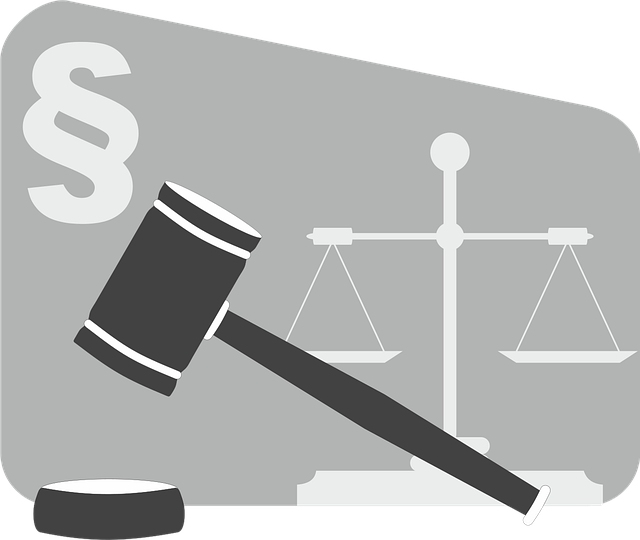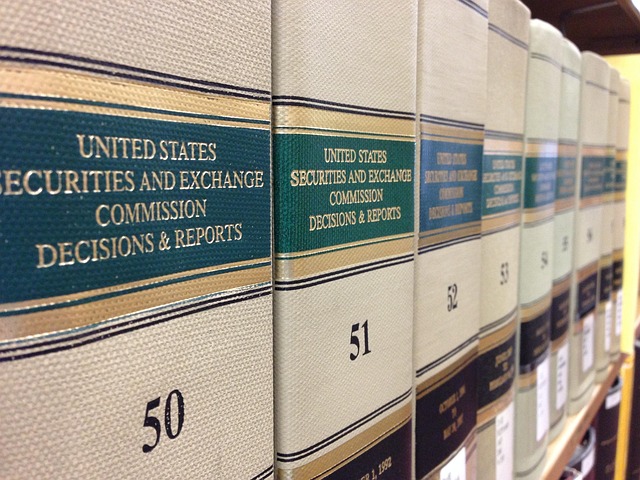Fraudulent financial behavior requires rigorous examination under Legal Standards for Burden of Proof. This involves scrutinizing actions like record falsification and data misrepresentation. The legal system mandates evidence beyond reasonable doubt to establish guilt, necessitating strong defenses. In high-stakes cases, legal experts navigate complexities by reviewing evidence, exposing inconsistencies, and crafting compelling arguments for acquittal. Understanding these standards is crucial for ensuring justice while maintaining financial system integrity. Effective combat against financial fraud relies on clear Legal Standards for Burden of Proof, fostering transparency and accountability.
Fraudulent financial practices pose a significant threat to individuals, businesses, and economies worldwide. This article delves into the intricate web of deceptive behaviors, exploring critical aspects such as understanding fraudulent financial behavior, legal frameworks for proof in financial cases, and defining the burden of proof in court proceedings according to established legal standards. We also dissect strategies to combat these practices and discuss the consequences for accountability, emphasizing the importance of strong legal standards.
- Understanding Fraudulent Financial Behavior
- Legal Framework for Proof in Financial Cases
- Defining Burden of Proof in Court Proceedings
- Strategies to Combat Fraudulent Practices
- Standards and Consequences for Accountability
Understanding Fraudulent Financial Behavior

Fraudulent financial behavior is a complex and insidious issue that requires meticulous examination under legal standards for burden of proof. Understanding what constitutes fraudulent practices involves delving into specific actions like falsifying records, misrepresenting financial data, or concealing material information. The Legal Standards for Burden of Proof play a pivotal role in navigating these cases, dictating the level of evidence required to establish guilt beyond a reasonable doubt.
In high-stakes cases, where significant sums are at stake and reputations are on the line, crafting a winning challenging defense verdict becomes paramount. Skilled legal professionals must meticulously scrutinize evidence, identify inconsistencies, and present compelling arguments to secure a complete dismissal of all charges. This is particularly crucial in navigating complex financial landscapes, ensuring that justice is served without undue bias or misinterpretation.
Legal Framework for Proof in Financial Cases

In financial cases, especially those involving allegations of fraudulent practices, understanding the legal framework for proof is paramount. The Legal Standards for Burden of Proof play a crucial role in shaping the narrative and outcome of such cases. In many jurisdictions, the plaintiff or the party alleging fraud bears the initial burden of presenting sufficient evidence to establish a prima facie case. This requires them to provide compelling facts and circumstances that give rise to a reasonable inference of fraudulent activity. Once this threshold is met, the onus shifts to the defendant to offer a winning challenging defense.
Court proceedings in such cases often involve jury trials, where both parties present their evidence and arguments. The judges’ roles are pivotal in guiding the process, ensuring fair play, and interpreting the law. The legal framework also considers the context within which these practices occur, including the philanthropic and political communities, where transparency and accountability are essential. This comprehensive approach to fraud cases ensures that justice is served while maintaining the integrity of financial systems and the trust of the public.
Defining Burden of Proof in Court Proceedings

In court proceedings involving fraudulent financial practices, establishing guilt and ensuring justice requires a clear understanding of the legal standard for burden of proof. This principle dictates that the party claiming an allegation must present sufficient evidence to convince the judge or jury of its validity. In the context of financial fraud cases, where complex transactions and intricate schemes are involved, meeting this burden can be significantly challenging. The onus is on the prosecution or the plaintiff to gather compelling evidence, including records, testimony, and expert analysis, to prove beyond a reasonable doubt that fraudulent activities have occurred.
Defining the burden of proof involves setting clear legal standards that balance the need for certainty in criminal cases with the potential consequences for individuals accused of fraud. This is particularly crucial in achieving winning challenging defense verdicts. An unprecedented track record of successful defenses in financial fraud cases underscores the importance of meticulous evidence collection, rigorous cross-examination, and a thorough understanding of both the law and the specific circumstances surrounding each case. Ultimately, this approach ensures that justice is served while protecting the rights of the accused to achieve extraordinary results.
Strategies to Combat Fraudulent Practices

To combat fraudulent financial practices effectively, several robust strategies have emerged that rely heavily on clear Legal Standards for Burden of Proof. These standards play a pivotal role in ensuring justice and accountability by placing the burden of proof on the accuser, thereby protecting the rights of both corporate and individual clients. One key strategy involves enhancing regulatory oversight through stricter compliance requirements, regular audits, and transparent reporting mechanisms, which help to deter potential fraudsters.
Additionally, fostering collaboration between law enforcement agencies, financial regulators, and both the philanthropic and political communities across the country is essential. This coordinated effort enables the sharing of intelligence, resources, and best practices, thereby strengthening defenses against fraudulent activities. Furthermore, raising public awareness about common fraud schemes and empowering individuals to report suspicious activities can significantly contribute to a nationwide culture of vigilance and integrity.
Standards and Consequences for Accountability

In the realm of fraudulent financial practices, establishing accountability is paramount, with legal standards for burden of proof playing a pivotal role. These standards dictate the level of evidence required to demonstrate guilt or liability, acting as the cornerstone for justice. When it comes to corporate and individual clients alike, the bar for responsibility is set high, ensuring that accusations are substantiated beyond reasonable doubt. This stringent requirement is especially critical in matters involving significant financial losses, where impacts resonate across philanthropic and political communities.
The consequences of inadequate accountability can be severe, leading to systemic issues and eroding public trust. In cases where evidence falls short, the legal system often leans on alternative methods such as expert testimony and circumstantial evidence to reach verdicts. However, these alternatives are subject to scrutiny, particularly in high-stakes scenarios like corporate fraud trials. Ultimately, ensuring transparency and justice requires a balanced approach that respects the Legal Standards for Burden of Proof while upholding the integrity of the financial landscape.
Fraudulent financial practices pose significant challenges, requiring a robust legal framework and clear burden of proof standards. By understanding these behaviors, defining accountability through stringent legal processes, and implementing effective combat strategies, we can ensure justice and maintain the integrity of financial systems. Adhering to strict Legal Standards for Burden of Proof is essential in court proceedings to hold perpetrators accountable, deter future fraud, and protect the financial landscape for all participants.






